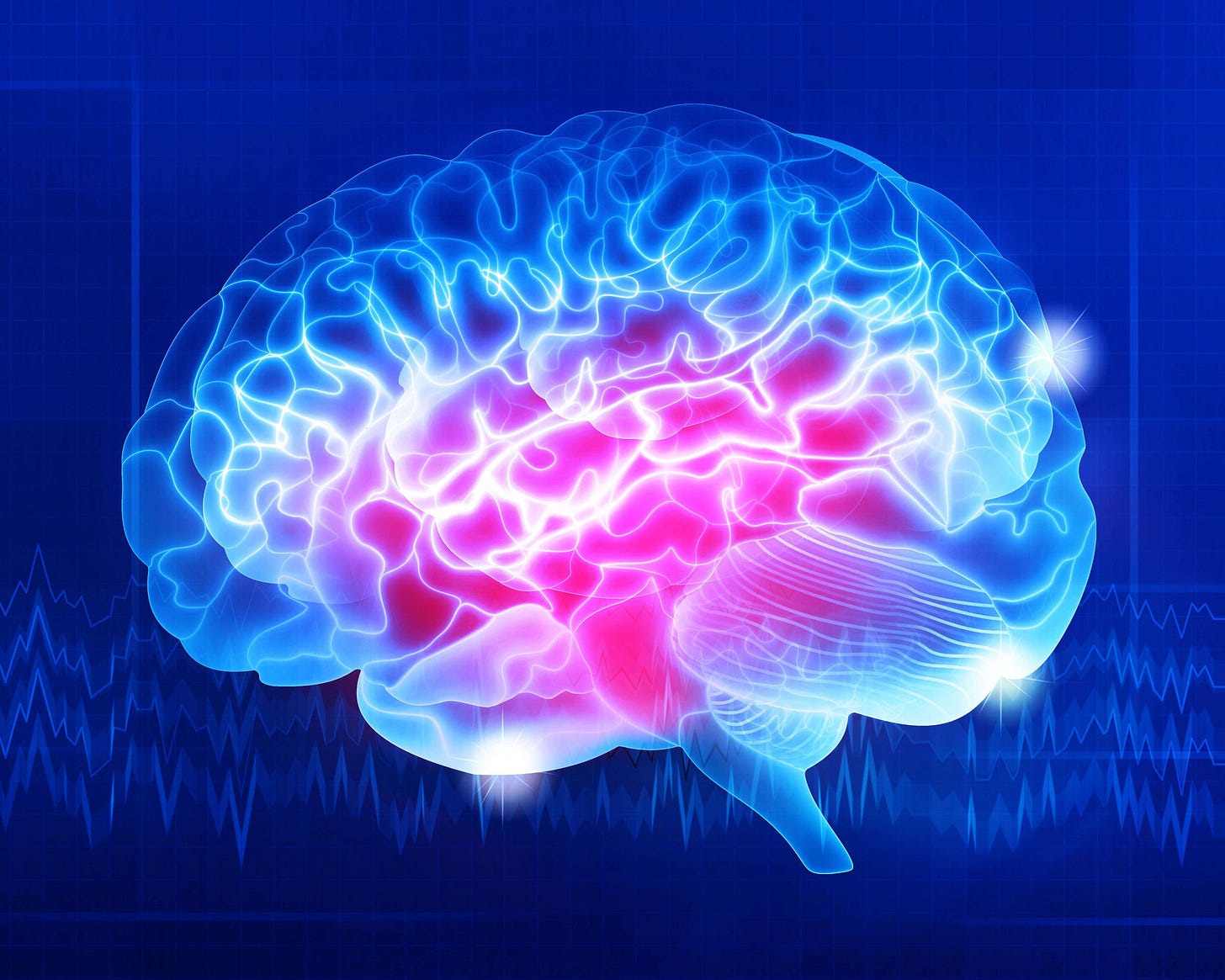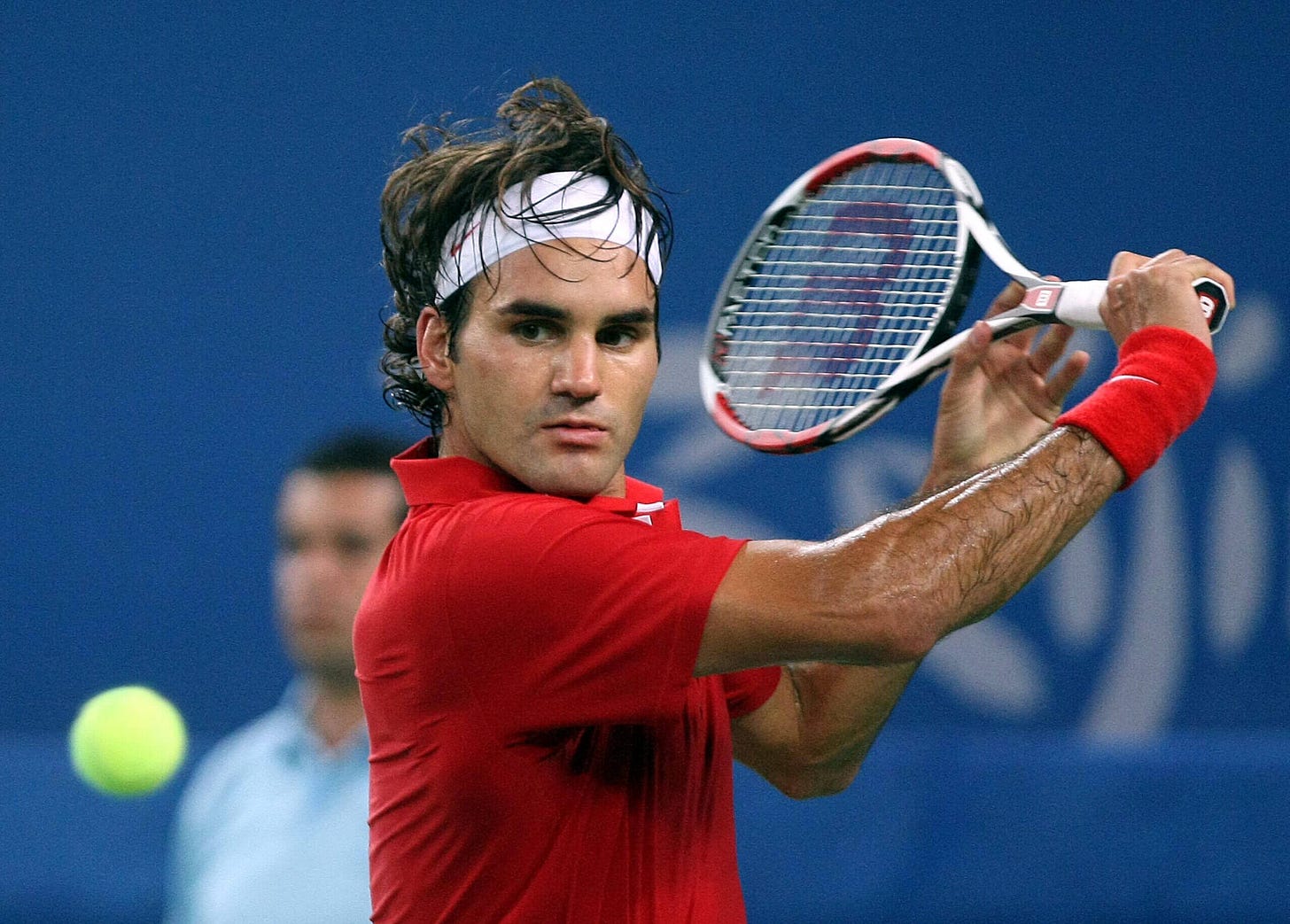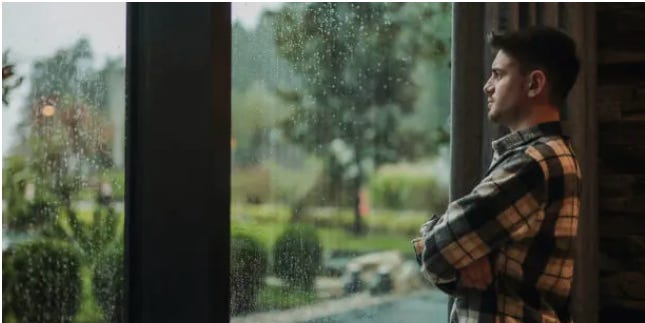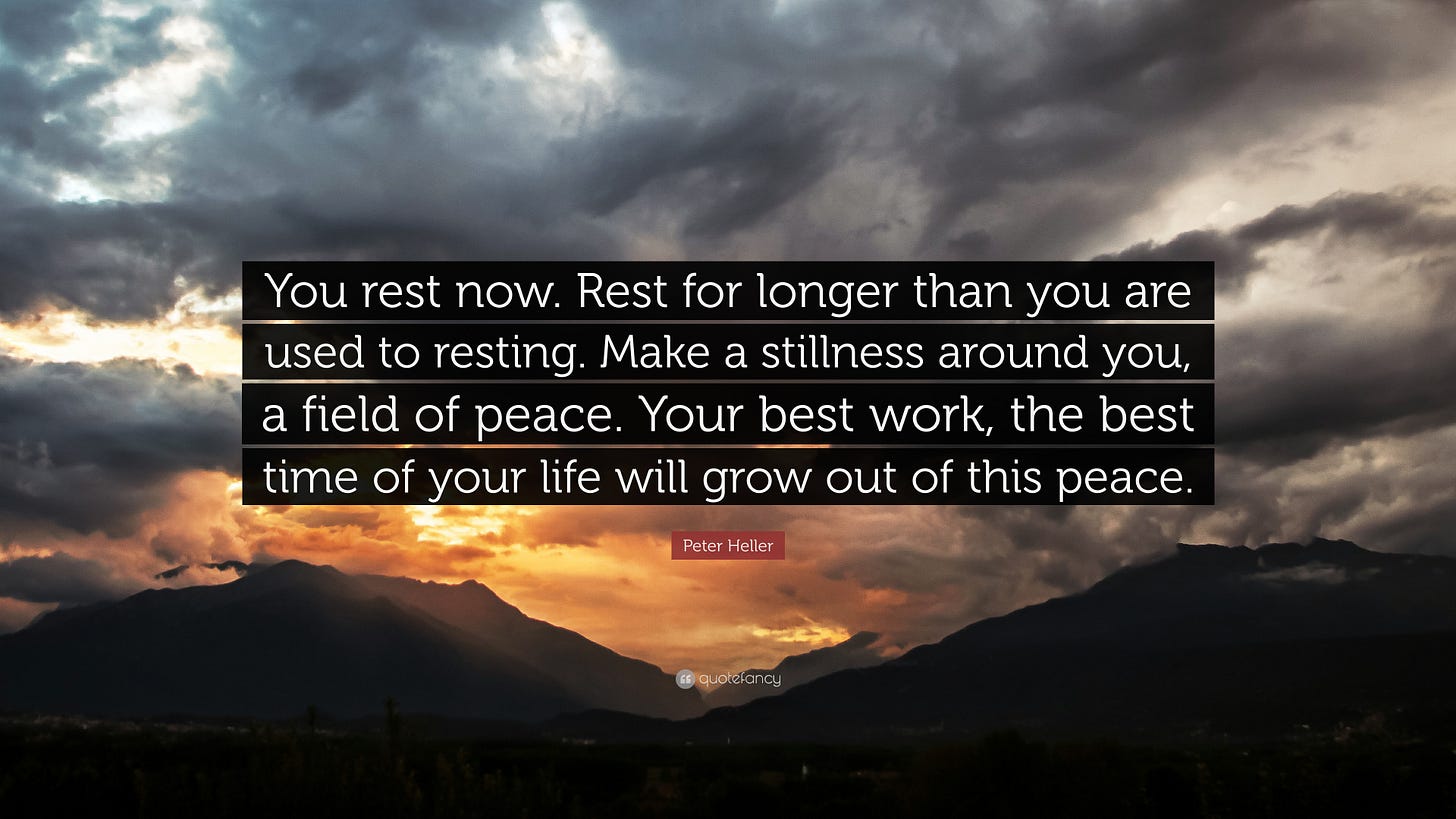When was the last time you were truly bored?
I’m talking no phone. No to-do list. No background music, YouTube video, or “just checking something quickly.”
Just… silence.
Stillness.
You and your thoughts.
If you’re like most people today (especially students and athletes, trying to “maximise” everything), that probably sounds like a waste of time. Like falling behind. Like weakness.
But here’s the truth:
Doing nothing might be the most productive thing you do all week.
What’s In This Week’s Article?
Your Brain Wasn’t Built for Constant Input
Stillness = Strength
Scheduling Downtime
What You Can Do Today
1. Your Brain Wasn’t Built for Constant Input
Your brain has two main “modes” of operation:
Focused mode — when you’re working, solving problems, training, or studying.
Default mode network (DMN) — when your brain is at rest, wandering, daydreaming.
Most people underestimate the DMN. They think switching off means zoning out. But it’s actually a period of massive mental processing — connecting ideas, consolidating memories, and resetting attention.
In fact, some of your best insights come not when you’re grinding, but when you’re walking aimlessly, taking a shower, lying in bed, or staring out the window. That’s not a coincidence. That’s neurobiology.
Your brain needs space to breathe.
2. Neuroscience Says: Stillness = Strength
Research published in the Brain Research Bulletin found that the brain is surprisingly active during rest. It uses that time to reflect, process emotions, and sort through complex problems.1
Another study from the Nuevas Tendencias En Educación Física, Deportes y Recreación found that giving students even short breaks where they “do nothing” helps improve focus, memory, and problem-solving later on.2
So the next time you feel stuck on a maths problem or your essay sounds like it's been written by a sleepy robot?
Go outside. Sit quietly. Stare at the sky.
Seriously. You’ll come back sharper.
3. Why High Performers Schedule Downtime
Look at the best in the world — athletes, creatives, entrepreneurs. They don’t go full-on 24/7.
Roger Federer took naps like they were part of his training.
Bill Gates has “Think Weeks” where he isolates himself to read and reflect.3
Cal Newport (author of Deep Work) schedules “solitude” like a workout — because mental recovery is as essential as physical.
The rest isn't laziness. It’s strategy.
4. What You Can Do Today
If your calendar is packed, and your screen time is sky-high, here are 4 ways to bring the power of “nothing” back into your life:
Micro-pauses – Between study blocks or workouts, take 5 minutes. No scrolling. Just sit.
Walk without AirPods – No music. No podcast. Just move and notice the world around you.
Phone-free mornings – Try waking up and not touching your phone for the first 30 minutes.
Stare out the window – It sounds stupid, but your brain loves it. Try it for 3 minutes after reading this.
Final Thoughts
We spend so much of our lives chasing “more” — more reps, more grades, more output. But sometimes, the breakthrough happens when you stop trying so hard and let your brain do what it was built to do:
Recover. Rewire. Reignite.
So if you feel overwhelmed or uninspired this week…
Don’t push harder.
Pause. Step back. Do nothing.
You might just come back more powerful than ever.
Stay tuned for more tips, stories, and advice in our upcoming newsletters, and feel free to check out the last editions!
As always, I’m open to new ideas or suggestions you may have, so feel free to leave a comment, and ask any questions! I’d be glad to help!
Thank you all for joining me today, and I wish you a pleasant rest of your day.
Quote of the Day:
Best regards,
Ruben
Founder, Mind & Muscle Academy
Mazoyer, Bernard, et al. “Regional Cerebral Blood Flow Increases during Wakeful Rest Following Cognitive Training.” Brain Research Bulletin, vol. 80, no. 3, Sept. 2009, pp. 133–38, https://doi.org/10.1016/J.BRAINRESBULL.2009.06.021.
Pizà-Mir, B., Benito Colio, B., Rodríguez-García, L., & González-Fernández, F. T. (2022). Physical exercise based on active breaks on cognitive function and mathematical competence in undergraduate students (Ejercicio físico basado en descansos activos sobre la función cognitiva y la competencia matemática en estudiantes universitarios de gra. Retos: Nuevas Tendencias En Educación Física, Deportes y Recreación, 45, 970–977. https://doi.org/10.47197/retos.v45i0.92669
Clifford, Catherine. ‘Bill Gates Took Solo “think Weeks” in a Cabin in the Woods—Why It’s a Great Strategy’. CNBC, 28 July 2019, https://www.cnbc.com/2019/07/26/bill-gates-took-solo-think-weeks-in-a-cabin-in-the-woods.html.












How fantastic to find an article about that! Contemplating nature and just disconnecting from all the stimuli of today’s world should be just a basic but unfortunately it isn’t. Great topic! Thanks.